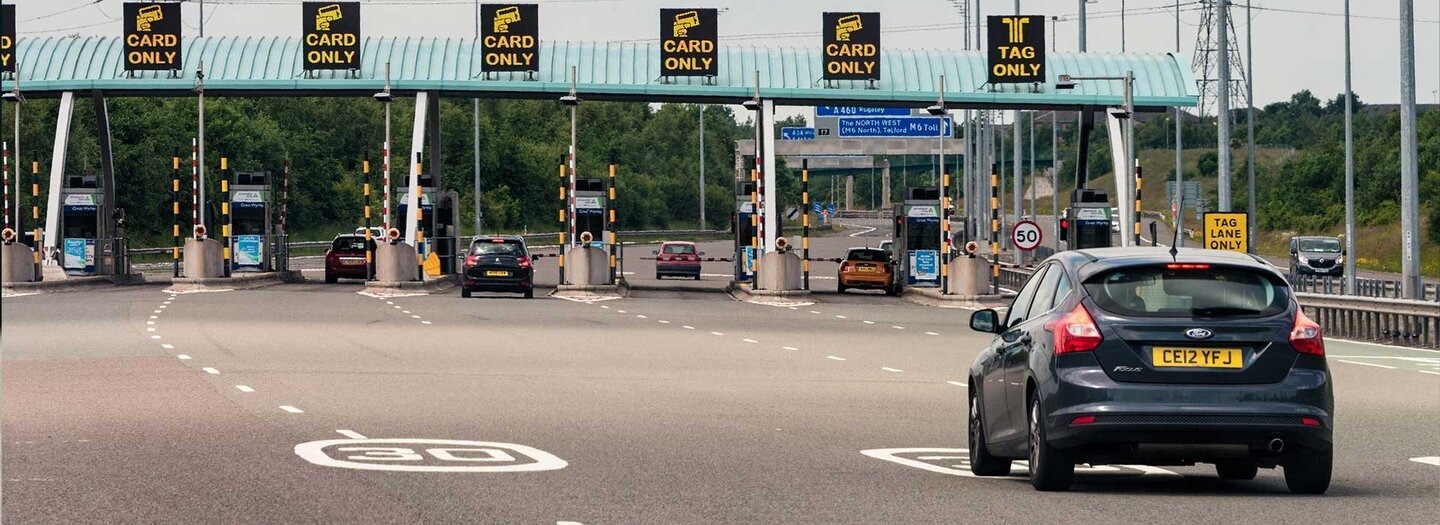Everything You Need to Know About Road Tolls in the UK
Road tolls are fees charged for the use of certain roads, bridges, and tunnels. In the UK, they serve as a means of generating revenue for maintenance and development of transport infrastructure. Here’s a detailed guide on everything you need to know about tolls in the UK.
1. Types of Tolls
- Fixed Tolls: A set fee charged for using a particular road or crossing.
- Variable Tolls: Fees that can change based on time of day, traffic levels, or vehicle type.
- Congestion Charges: Charges applied to vehicles in busy urban areas to manage traffic and encourage public transport use.
2. Key Toll Locations
- M6 Toll: The UK’s first toll motorway, providing an alternative route to the congested M6.
- Dartford Crossing: A key crossing over the River Thames that connects Kent and Essex.
- London Congestion Charge Zone: An area in central London where drivers must pay a fee to reduce congestion and pollution (depending on their vehicle type, click here to read more).
- Mersey Gateway Bridge: A bridge in Cheshire that employs a toll system for its use.
3. Payment Methods
Most tolls in the UK can be paid using various methods, including:
- Cash: Available at some locations.
- Card Payments: Many toll booths accept debit and credit cards.
- Automatic Number Plate Recognition (ANPR): Systems that automatically charge vehicles using pre-registered accounts.
- Online Payments: Many tolls allow pre-payment through websites or mobile apps.
4. Exemptions and Discounts
Certain vehicles may be exempt from tolls, or eligible for discounts:
- Emergency Vehicles: Usually exempt from charges.
- Buses and Coaches: May receive reduced rates.
- Electric Vehicles: Some areas offer discounts to encourage more environmentally-friendly transportation.
- Local Residents: In some locations, residents may benefit from reduced charges.
5. Controversies and Criticisms
Tolls can be a subject of debate, with arguments for and against:
- Support: Proponents argue that tolls help maintain and improve road infrastructure, reduce traffic congestion, and provide necessary funding for public transport.
- Opposition: Critics contend that tolls disproportionately affect low-income drivers and can lead to increased traffic on non-tolled routes.
6. Regulations and Management
Toll roads in the UK are managed by various private companies and public authorities, with regulations governing their operation:
- Transparency: Operators are required to be clear about toll rates and any changes.
- Compliance: Drivers are expected to adhere to toll rules, with penalties for non-payment.
7. Future of Tolls in the UK
As the UK faces increasing traffic congestion and environmental concerns, the future of tolls may evolve through:
- Dynamic Pricing: More regions may adopt variable toll pricing to manage demand and reduce congestion.
- Sustainability Initiatives: Tolls may increasingly fund green transport projects, encouraging electric and public transport use.
8. How to Prepare for Tolls
If you’re planning to drive on toll roads, consider these tips:
- Research: Check toll rates and payment options for your route in advance.
- Account Registration: If frequently using tolls, consider setting up an account for easier payments.
- Budget: Include toll costs in your travel budget to avoid surprises.
Conclusion
Road tolls are an integral part of the UK’s transport system, providing necessary funding for infrastructure while aiming to manage traffic flow. Understanding how they work, where they are located, and how to pay can enhance your travel experience and keep you informed as road policies evolve


